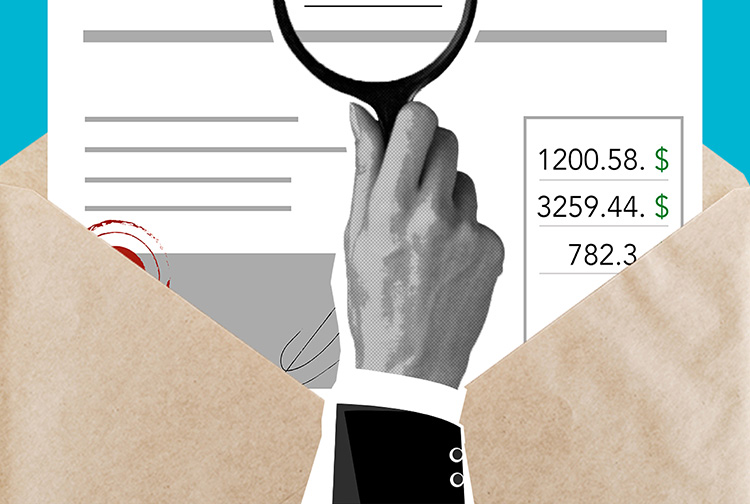

Flight of deposits from Spanish banks
In the first two months of the year, households withdrew 18 billion in deposits from Spanish banks in search of a better return on their money. Despite the ECB’s interest rate hike, large bank customers are receiving improved remuneration for their savings in dribs and drabs.
According to data published by the European Central Bank (ECB), of the 19 countries in the eurozone, banks in Spain and Cyprus were the only ones that began the year by reducing the remuneration they pay on deposits to their customers. While in the eurozone as a whole banks raised the rates on new deposits to an average of 1.65%, Spanish banks went from a remuneration of 0.64% in December 2022 to 0.59% in January this year.
The reaction was not long in coming as Spanish households responded to the rise in prices and the low profitability of deposits by withdrawing 13 billion from banks in January, and a further 5 billion in February. The balance stood at 986.2 billion, down 1.8% in the first two months of the year. The subsequent stock market collapse of Spanish banks triggered by the bankruptcy of Silicon Valley Bank and the collapse of Credit Suisse has only aggravated the loss of confidence in the liquidity of traditional banks and their ability to make the public’s money work for them.
The timid reaction of Spanish banks
The president of the ECB, Christine Lagarde, encouraged bank customers to go to their banks to demand an increase in interest rates: “Bank customers have to have this conversation with bankers and bankers have to be sensible if they want to keep their customers”.
Well, it seems that after the talks, even though some banks have reacted discreetly and with the odd campaign to improve the profitability of deposits and avoid the flight of customers, these deposits still do not offer higher yields than Treasury Bills or other products.
Although the ECB is not letting up, and the rise in interest rates is already at 3.5% in the eurozone, the median remuneration of new deposits from Spanish banks is still far from the rates offered by other European countries. And this situation is likely to remain so in the near future, since according to calculations made by elEconomista‘s financial sources, Spanish banks can only pay a maximum of 1.15% for their deposits in the next twelve months without ceasing to be profitable.
Households diversify savings
Even with the gradual reopening of the economy, the rising cost of living has evaporated a large part of the savings cushion accumulated by households during the sanitary crisis. In this context of precariousness, coupled with the low returns banks are offering on deposits, it is not surprising that people are looking for more profitable investment products or alternatives to protect their savings in the face of inflationary pressure.
The stock of household financial assets has been reduced by €53.431 billion, or -2%, a fall not seen since the early 2020s. Even so, the purchase of safe-haven assets such as precious metals, particularly gold, continues to boom. In this context, the purchase of gold is no longer seen only as an investment or a speculative instrument, but as one of the few options people have to safeguard their money.
Likewise, in the face of depressing economic growth forecasts, the rickety profitability of deposits and the possibility of a new banking crisis, products that ensure the short-term purchasing power of investors to achieve profits well above average inflation in Spain, seem increasingly attractive.
Fund lawsuits against banks. Do justice and get returns on your savings above inflation thanks to the compensation the banks will have to pay. All the information about Finança Litigis can be found at 11Onze Recommends.
Leave a Reply
You must be logged in to post a comment.





Segurament el canvi de manera inevitable hi serà, però la resistencia per part de la banca tradicional,a perdre ni un bri de poder farà que el canvi trigui
👍
Gràcies!
Sí, Sí, tot i la pujada d’interessos els bancs continuen com su res amb els deposits🤦♂️
Això és com el que tarden a repercutir a la baixa el preu del combustible, perquè a l’alça de seguida es veu reflectit en els preus. Alguns sectors no tenen vergonya.